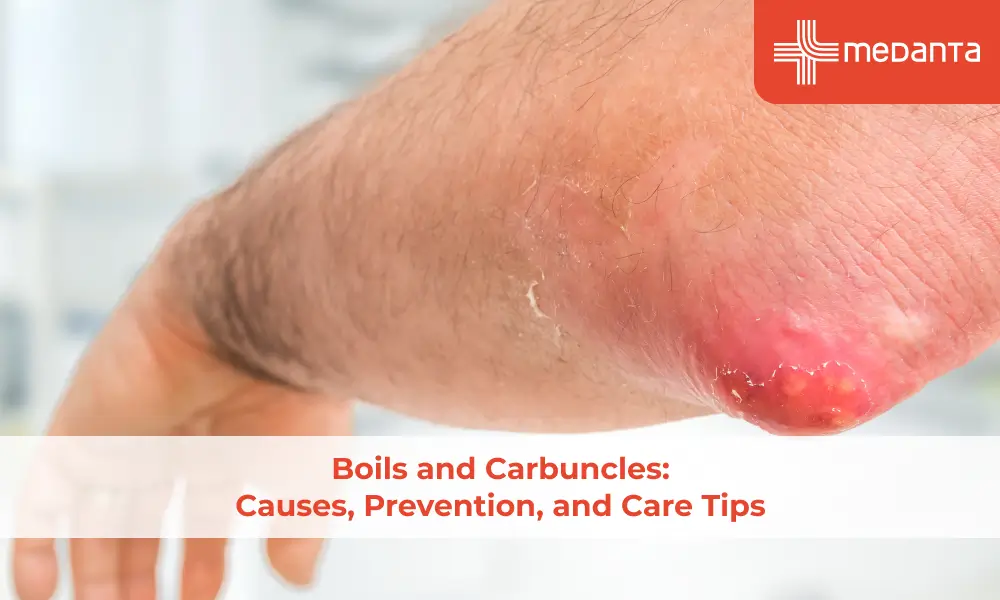Mythbuster: Focus only on eating healthy to keep beauty and immunity in check

A person’s external beauty needs to cross a certain checklist such as glossy hair, strong nails, and glowing skin, for which one should not underestimate the importance of a great diet. Food provides lots of natural nutrients, which people have used for thousands of years, to maintain their beauty inside such as using honey, rosemary, rosehip, avocado, or olives, to moisturize our skin. This when eaten over time will provide similar effects on your skin.
Another aspect of a healthy diet is the benefits it provides in strengthening our immune system.
Adding enough nutrients to your diet is essential for the healthy functioning of all cells, including immune cells. Certain dietary patterns may better target the body’s ability to withstand microbial attacks and excess inflammation, but no individual foods can offer special protection. The body’s immune response depends on the addition of many micronutrients at each functional level. For example, nutrients like vitamin C, vitamin D, zinc, selenium, iron, and protein (including the amino acid glutamine) have been recognized to be critical for the growth and function of immune cells.
Healthy food and its effects :
Some groups of food better target the immune system and skin. Here is a list of food that is very essential for the health of both our skin and immunity.
Protein:
Proteins are the basic building blocks of our immune cells, skin, hair and nails. For skin and hair, proteins such as keratin, collagen and elastin help fight off wrinkles and strengthen and provide elasticity. Low protein can eventually reflect on skin, hair and nails. Apart from that proteins are also essential to heal serious burns or wounds. Athletes under heavy training have higher protein requirements as the body needs extra protein to repair the damage.
Amino acids arginine, glutamine, and cysteine are especially important for regulating immune function. Amino acids are associated with the production of enough cytokines, lymphocytes, and macrophages to tackle infections, viruses, and diseases.
Proteins can be added by adding meat, chicken, fish, legumes, eggs and dairy foods.
Essential fat
Our body requires essential fats such as omega-3 and omega-6 fats. It can help provide relief to dry, itchy scalp or skin, on eating enough of these. Both omega-3 and omega-6 fats are responsible for the production of hormone-like substances called prostaglandins, which then convert into other substances that affect immunity and inflammation in the body. Omega-3 fats play an important role in suppressing inflammation, immune responses and blood clotting. Omega-6 fats are essential for healthy skin and have been found to have improved dermatitis and psoriasis in some, but not all. Although higher amounts may cause inflammation and allergic responses. Therefore we need to balance both types of fat.
Eating some fish, especially oily fish such as salmon, sardines and tuna, provides us with omega-3s for a better balance. Oily fish provides the long-chain omega-3s, EPA, DHA and DPA. Other than that flaxseed (linseed) oil is another rich source of omega-3 fat.
Prebiotics:
The microbiome in our gut that protects us against infection is kept healthy with prebiotics. These are fiber-containing food, specifically inulin fiber. Therefore applying prebiotics to our diet makes probiotics thrive.
Excellent sources of prebiotics are Jerusalem artichokes, green bananas or plantains, Jicama root and asparagus.
Probiotics:
Probiotics are a group of food that keeps our gut healthy. A healthy gut is responsible for healthier immune cells and brighter glowing skin and healthy hair. These bacteria fight infection-causing pathogens and toxins, therefore, helping in building strong immunity.
Probiotics can be found in fermented foods like kefir, yogurt, cheese, etc.
Vitamin C-rich foods:
Vitamin C is a well-known immunity booster. One study found that older adults who consumed vitamin C-rich fruit such as a kiwi every day for a month showed a significant reduction in the rigor and course of upper respiratory infection symptoms.
Vitamin C is essential and plays the main part in the formation of collagen, which holds the exterior structure of the body. Collagen is the fibrous tissue present under the skin giving it the plump effect by providing support and shape. As skin ages, the collagen declines too which can be delayed by consuming ample amounts of vitamin C-rich foods.
It’s better to get vitamin C from natural fruits, oranges, broccoli, kiwi or cantaloupe rather than juices and smoothies.
Antioxidants:
Colorful fruits and vegetables such as berries, carrots and spinach contain antioxidants. These are responsible for protecting against oxidative stress, which translates to a stronger immune system.
Beverages such as tea contain flavonoids which are another type of antioxidant. Both carotenoids and flavonoids protect the skin against UV damage and can enhance the hydration and condition of our skin.
Water and fluids:
For well-hydrated skin, hair and nails, drinking plenty of water is essential. The fluids help to boost blood circulation and the delivery of nutrients, giving your body the extra help to excrete toxins and infections of the body.
Plenty of water along with a few cups of black, green or white tea, a glass of red wine, and a cup of hot cocoa can be great sources of both fluids and antioxidants.
Other Factors:
Health plays the most important role in maintaining skin health and immunity but it is not a lone warrior. Other factors also should be taken care of for an overall upliftment.
Lifestyle improvements:
Immunity as well as skin health depends heavily on our lifestyle choices. It is essential to limit alcohol consumption, and quit smoking and drug use. These can cause irreversible damage to our liver, lungs and heart which are vital organs required for the body’s functioning.
Sleep:
Our body requires at least seven to eight hours of quality sleep each night to be able to fight off infection. A night of good sleep is also essential for issues such as baggy eyes, dark circles etc., hence called “beauty sleep”.
Stress:
Living in a stressful environment that continues throughout the day, induces the production of high levels of cortisol. These stress hormones can have serious physical health impacts as they increase heart rate, blood pressure, etc. Therefore, meditation is essential to tackle this issue. Guided meditation even for five minutes a day can show wonderful results. If you are unable to do so, simply sitting quietly and focusing on your breath, can help too. Meditation helps lower your pacing heart rate and blood pressure caused by stress and anxiety.
Exercise:
Exercise increases your blood circulation which in turn helps the body better fight off infection and also leads to glowing skin and healthy hair growth. It is usually recommended to exercise at least 10 minutes a day, ideally 30 minutes, and do a combination of cardio and strength training.
Conclusion:
Attitude is everything as a positive mindset can be a game changer in your journey of health and well-being. Research shows that stress and inflammation can be defeated by positive thoughts by increasing resilience towards infection. Positive thoughts also help you prevent those “worry lines” or wrinkles on your face!






